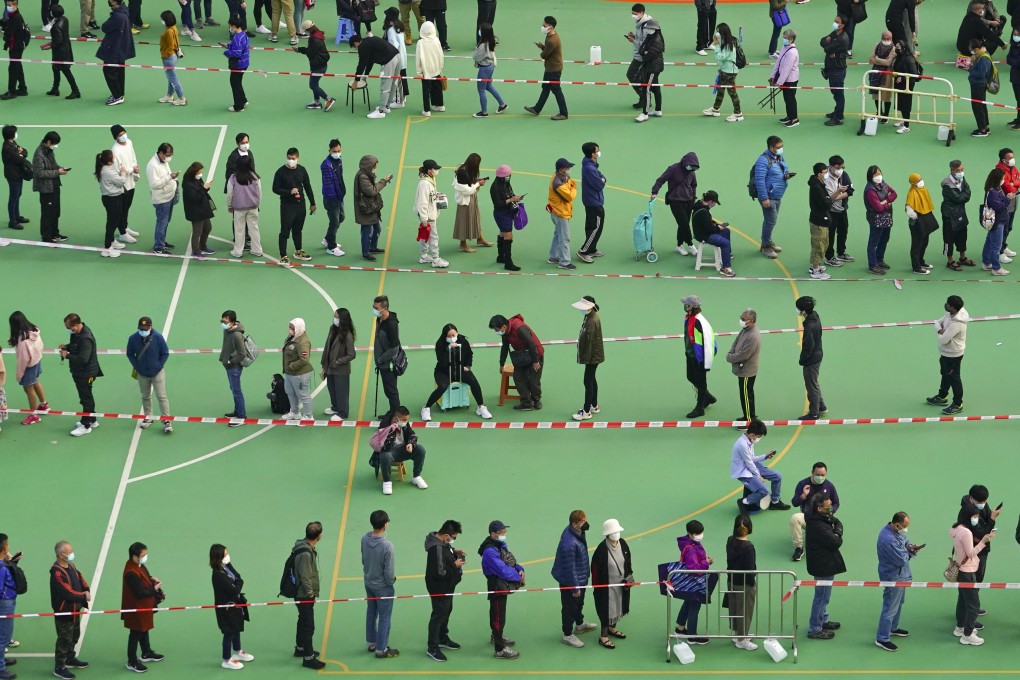Advertisement
Letters | Hong Kong can’t afford government subsidies for Covid-19 tests and quarantine for all
- Readers discuss the feasibility of the government paying people to get tested, question the wisdom of closing sports facilities during an outbreak, the mental health of LGBT teens, and the intractable differences between some Hongkongers and mainlanders
Reading Time:3 minutes
Why you can trust SCMP

I refer to “All stick and no carrot makes city’s Covid-19 testing regime an unsustainable process” (February 4). In the letter, it is suggested that the government should provide monetary rewards or subsidies for people who volunteer to get tested and are found Covid-positive.
It is true that such government measures could help revive the economy. People will enjoy the rewards and spend money on groceries and restaurants. If they are sent to quarantine, they don’t have to worry about the bill. It can definitely encourage more people to get tested.
However, can the government support all of us? The tourism industry, one of the main sources of revenue in Hong Kong, has taken a hard hit during the pandemic. Expenditure on social welfare, education and health has been increasing. The housing crisis has yet to be resolved, and there are other pressing financial needs. It does not seem financially feasible for the government to also absorb our testing and quarantine fees.
Advertisement
The government’s role is to act as a leader demonstrating our commitment to curb the deadly virus. Since it is everyone’s moral responsibility to maintain a safe and healthy environment, we should bemoan restrictive measures less.
Charlotte Viseu, Lam Tin
Our coronavirus sporting restrictions make no sense
One of the government restrictions introduced to contain the spread of the coronavirus is to close all public sports facilities. As a result, private sports clubs, private residential sports facilities and the like also dare not open. Does it make any sense?
Advertisement
Select Voice
Choose your listening speed
Get through articles 2x faster
1.25x
250 WPM
Slow
Average
Fast
1.25x